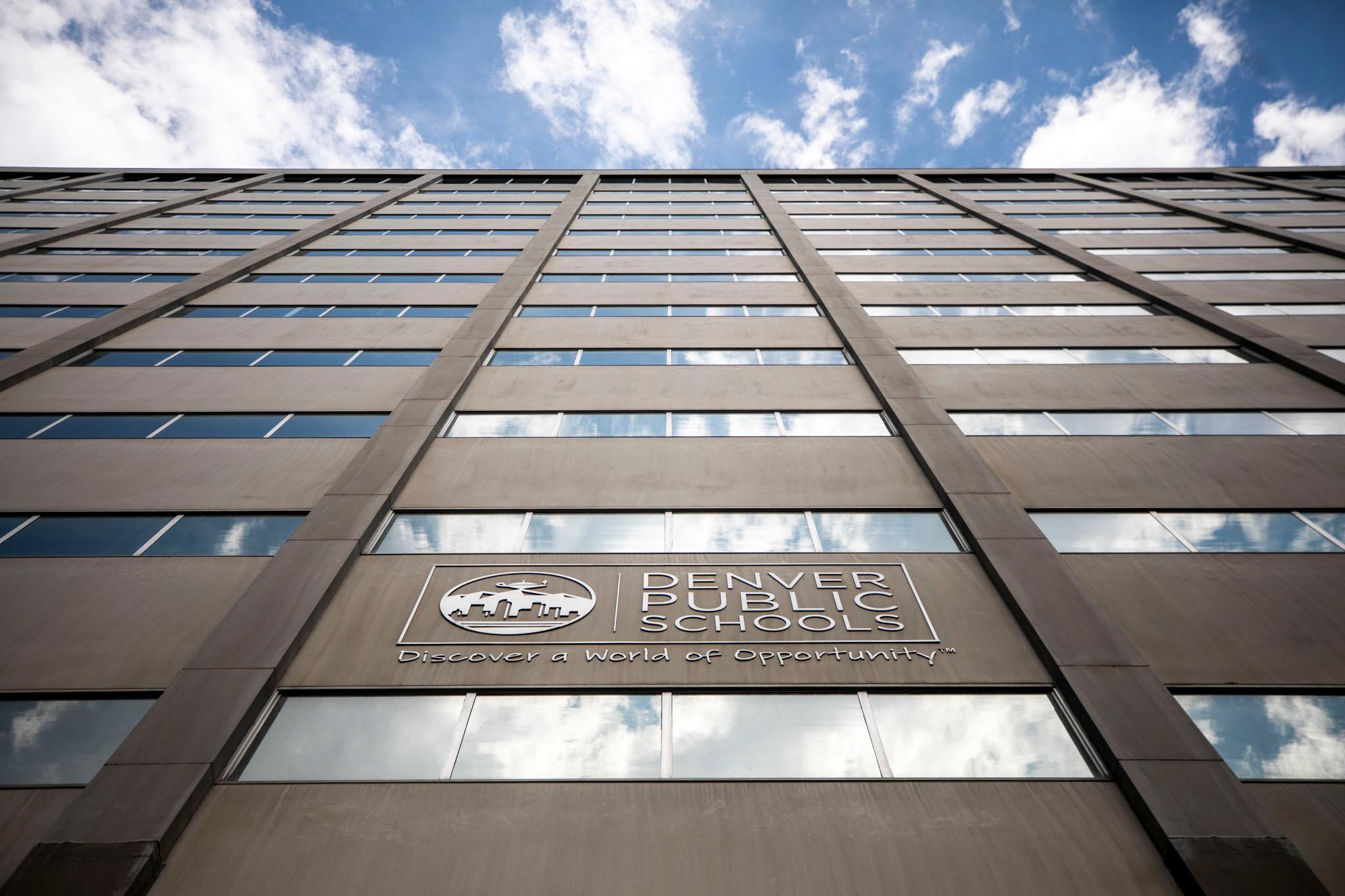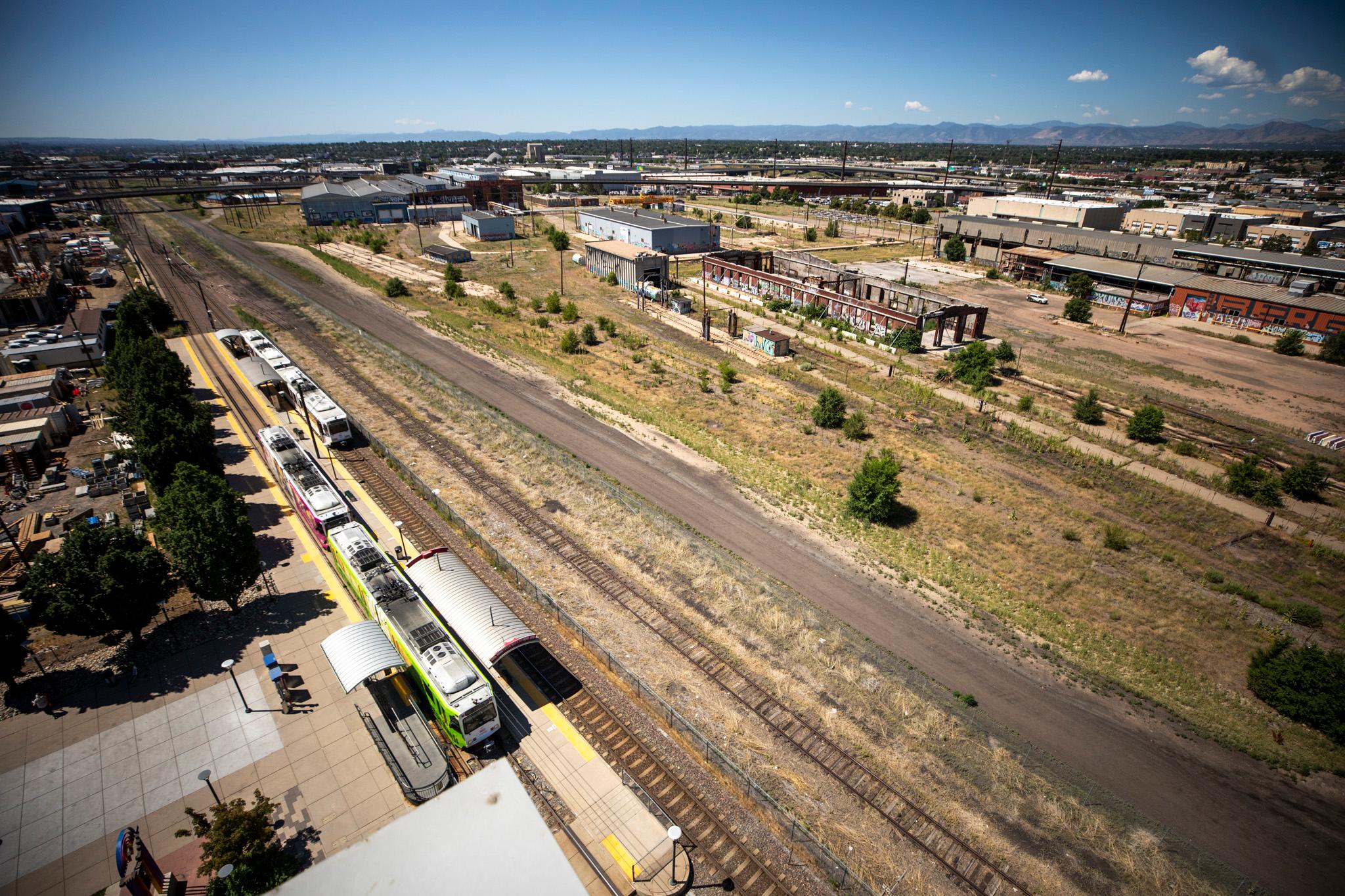Updated 6:30 p.m.
Seven schools could close and three others will be restructured under a new plan released by Denver Public Schools on Thursday.
The schools identified for potential closure are:
- Columbian Elementary School
- Castro Elementary School
- Schmitt Elementary School
- International Academy of Denver at Harrington
- Palmer Elementary School
- West Middle School
- Denver School of Innovation and Sustainable Design
The schools that will be restructured are:
- Kunsmiller Creative Arts Academy will lose its 1st through 5th grade classes, keeping only 6th through 12th grades
- Dora Moore ECE-8 School will lose its 6th through 8th grade classes
- DCIS Baker 6-12 will lose its high school classes
The bulk of the impacted schools are in central, northwest and southwest Denver. Board member Xóchitl Gaytán has three schools in her district impacted by the proposal.
"This is going to be a very, very difficult vote. It's going to deeply affect my Latino, Mexican, Chicano community in southwest Denver," Gaytán said.
Denver’s school board has two weeks to digest the recommendations before it is set to make a final decision on the closures on Nov. 21. The planned restructures are considered program changes, and do not require a board vote.
The board and superintendent Alex Marrero will be visiting each identified school before the final vote. Affected parents and families are being invited to "family engagement meetings," which will be posted on the district website.
This is Denver’s second round of school closures in recent years. In 2022, Denver’s school board received a list of ten schools recommended for closure. After a months-long process, it voted only to close three of them — Fairview Elementary School, Denver Discovery School and the Math and Science Leadership Academy — citing “critically low enrollment” at each campus.
The district said that it would save $30 million from the closures and restructures, of which $24 million would be immediately reinvested at other schools.
Where will affected students and staff go?
Nearly 1,100 students will be impacted by the proposed closures.
The district said that all students at closing schools will get an automatic spot in their enrollment zone, a geographic area where students living in it are guaranteed a seat in.
The proposal includes changes to the district's existing enrollment zone map. It would create several new enrollment zones, as well as keeping some zones the same. Parents with several schools in their proposed new zone will have to identify their preferred school during the SchoolChoice process in January.
Staff members impacted by the proposed closures would follow hiring processes outlined in their collective bargaining agreements.
Why are more schools on the chopping block?
The last round of closures didn’t solve the district's financial problems, district leaders said.
Across the district, enrollment is trending downward. While enrollment ticked upward this year as immigrant students arrived, many schools are operating well below capacity. Elementary schools are only using 69 percent of their capacity on average, according to district data.
That’s expected to get worse in the coming years, with the district blaming declining birth rates and families leaving Denver due to high costs of living. DPS officials say operating schools with low enrollment comes at a high cost — at those schools, the district pays significantly more dollars per student.
DPS leaders say closing schools is a way to get ahead of the curve. Instead of waiting until enrollment declines in the future, they’re opting to consolidate schools now.
How did DPS decide which schools might be closed?
In addition to schools with low enrollment, DPS took a look at several other factors, according to Chalkbeat:
- How many local students are “choicing out” of their neighborhood school to attend other schools.
- How many students who live in other areas “choice in” to each school. Schools closed in 2023 were historically not “choice in” schools.
- Programs available at each school, like English-as-second-language programs
- The quality of infrastructure, like whether it has air conditioning or enough space for students
- Academic performance
District officials said they initially identified all schools that are experiencing declining enrollment and are utilizing less than 65 percent of the seats available in their building. Seventy schools met those two pieces of criteria.
From there, the district grouped those 70 schools into "clusters." The district compared schools within each cluster against each other, and identified which one to recommend for closure.
While infrastructure was a factor, many schools across Denver Public Schools will be getting critical renovations funded by a bond measure passed by voters earlier this week.
This is a developing story and may be updated.











